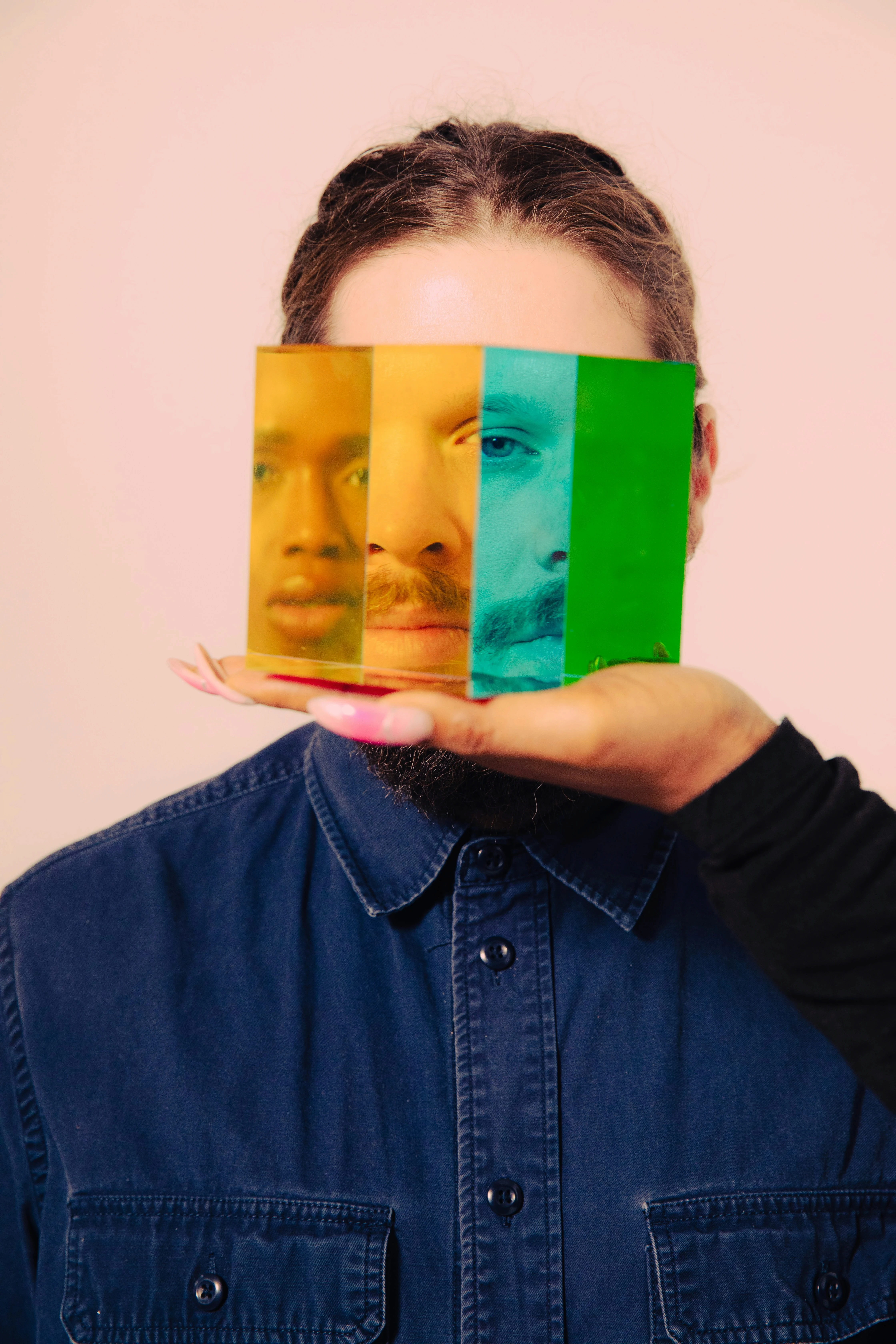Identity
What Does It Mean to Be Polysexual or Polyromantic?
Expansive Therapy
What Does Polysexual Mean?
Polysexuality refers to being sexually attracted to multiple, but not necessarily all, genders. It's different from bisexuality, which typically involves attraction to two or more genders, and pansexuality, which involves attraction to people regardless of gender. Polysexuality allows for attraction to a variety of genders while still holding space for specific preferences or exclusions.
Polysexual people may:
Be attracted to multiple genders, but not all
Experience shifting or flexible preferences
Identify with a fluid or evolving orientation
What Does Polyromantic Mean?
Polyromanticism is the romantic counterpart to polysexuality. A polyromantic person experiences romantic attraction to multiple genders, again not necessarily all. It's entirely possible to be polysexual and not polyromantic, or vice versa. These identities may intersect with asexual or aromantic experiences, too.
Polyromantic people may:
Feel romantic attraction toward various genders
Have distinct sexual and romantic orientations
Desire different kinds of relationships based on romantic connection
Why Queer-Affirming Therapy Matters
Many polysexual and polyromantic people feel overlooked or misunderstood, even within LGBTQIA+ spaces. Queer-affirming therapy provides a supportive environment to explore these nuanced identities without erasure or judgment.
1. Validation Without Comparison
We affirm that polysexuality and polyromanticism are distinct and valid identities, not stepping stones to being "fully" pansexual or bisexual. There's no hierarchy of queerness here.
2. Creating Space for Exploration
Our practice encourages curiosity and reflection. Clients are invited to explore their attractions and relationship styles at their own pace, without labels being forced upon them.
3. Addressing Internalized and External Bias
Because these terms are less widely known, clients often face invalidation or confusion. Therapy helps dismantle internalized stigma and navigate interpersonal challenges.
4. Navigating Relationships Authentically
Clients may need help communicating their orientation in dating or romantic contexts. Therapy can support healthy boundary-setting, self-expression, and mutual understanding.
If you're curious about a polysexual or polyromantic identity, or simply would like to explore your sexuality without pressure to arrive at a fixed destination, consider starting queer affirming therapy. If you live in California or New York, Expansive Therapy has immediate openings. Contact us here.
Want more content like this?
Join our mailing list
Book Your Intro Session With A Therapist
Find A therapist









